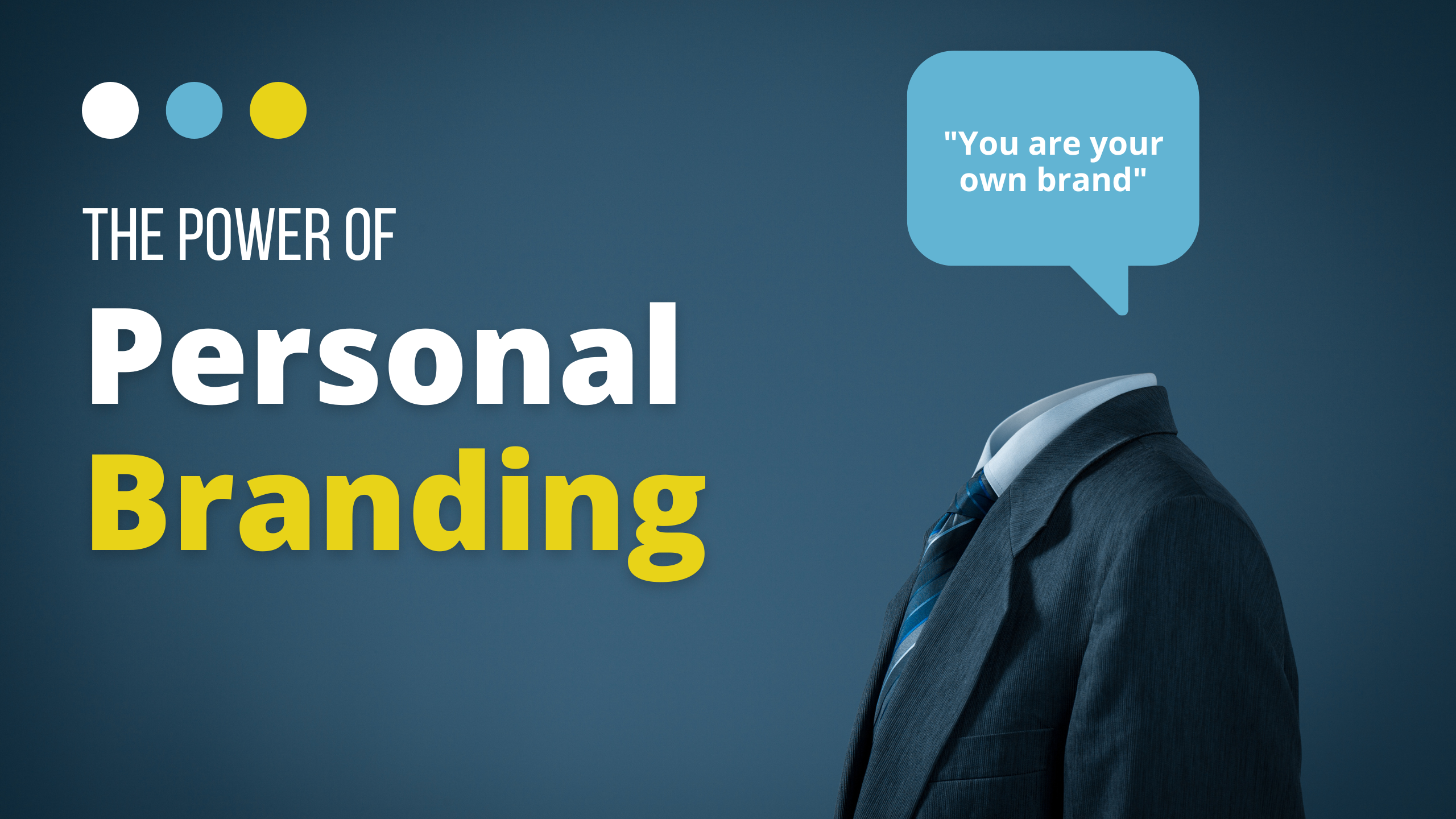In today’s digital age, building a strong online presence is more than just a trend – it’s a necessity. Whether you’re a freelancer, entrepreneur, or professional in any field, personal branding can set you apart, open doors, and help you connect with others in meaningful ways. A personal brand isn’t just a logo, a color scheme, or a polished Instagram feed; it’s the unique story and value that you bring to the table. It’s about how people perceive you and the impression you leave.
In this article, we’ll explore the power of personal branding, why it matters, and actionable steps you can take to build and enhance your online presence.

Table of Contents
ToggleWhat is Personal Branding?
Personal branding is the process of establishing and promoting what you stand for as an individual. It’s the unique combination of skills, experience, and personality that you want the world to see. By clearly defining your personal brand, you can differentiate yourself from others in your field and communicate your strengths and values effectively.
Personal branding is about authenticity – it’s not about creating a false persona, but about showcasing the best, real version of yourself. When done right, personal branding can become your strongest asset, opening up new career opportunities and attracting a network of people aligned with your goals and values.
Why Personal Branding Matters in the Digital Age
In the era of social media and constant digital connection, people have more access to each other than ever before. This accessibility means that a strong online presence can be a powerful tool. Here’s why personal branding is essential:
- Builds Trust and Credibility: When people can see your values, accomplishments, and expertise, they are more likely to trust you. Personal branding helps establish you as an authority in your field, making you a go-to person in your niche.
- Enhances Career Opportunities: A well-established personal brand can attract recruiters, clients, and collaborators. When your brand is visible, people know what you bring to the table, which can lead to new career opportunities and collaborations.
- Creates a Lasting Impression: People are more likely to remember individuals who leave a unique impression. Personal branding allows you to be memorable in a world where so many are vying for attention.
- Attracts the Right Audience: A strong personal brand draws in people who align with your values and interests. This alignment can be incredibly fulfilling, as you build a community that resonates with who you are and what you stand for.
Key Tips for Building Your Online Presence
Now that we’ve discussed the importance of personal branding, let’s look at some actionable tips to help you build a strong online presence.
1. Define Your Brand Identity
The first step to creating a personal brand is understanding who you are and what you want to convey to others. Ask yourself these questions:
- What are my core values?
- What am I passionate about?
- What skills and strengths set me apart?
- Who is my target audience?
Take time to reflect on these questions, as they will help you define your brand’s purpose and direction. A clear brand identity will make it easier to communicate your value and attract people who resonate with your message.
2. Be Consistent Across Platforms
Consistency is key in personal branding. Whether it’s your social media profiles, website, or professional portfolio, aim to maintain a cohesive look, tone, and message across all platforms. This doesn’t mean you need to post the same content everywhere, but ensure that your overall theme, values, and personality shine through consistently.
Choose a profile photo that reflects professionalism, and keep it the same across your profiles. Additionally, align your bio, links, and content themes to create a seamless experience for anyone researching or connecting with you online.
3. Create Valuable Content
One of the most effective ways to establish yourself as an authority in your field is by creating content that provides value to your audience. Whether you choose to blog, create videos, or post on social media, focus on offering insights, advice, or expertise that your audience can benefit from.
Identify topics that are relevant to your niche and align with your brand. Share tips, insights, personal experiences, and professional knowledge to position yourself as a knowledgeable resource.
4. Leverage Social Media Wisely
Social media is one of the most powerful tools for building an online presence. Platforms like LinkedIn, Twitter, Instagram, and Facebook allow you to reach a broad audience and showcase your personality and expertise. Here’s how to make the most of social media:
- LinkedIn: Great for professional networking and thought leadership. Share your accomplishments, connect with industry leaders, and post content that reflects your expertise.
- Instagram: Perfect for visual branding. Use Instagram Stories, Reels, and posts to share behind-the-scenes content, personal insights, and achievements.
- Twitter: Ideal for sharing short, insightful messages. Tweet about industry trends, share articles, and engage with your audience through replies and retweets.
5. Network and Engage Authentically
Building your personal brand isn’t just about putting content out there; it’s about engaging with others. Respond to comments, participate in discussions, and show genuine interest in others’ work. Networking and engaging with people in your industry can lead to meaningful connections, collaborations, and even friendships.
When networking, aim to add value to others’ lives, whether through encouragement, sharing insights, or helping with a specific need. This authenticity in engagement will strengthen your brand.
6. Showcase Your Expertise Through Storytelling
People connect with stories. When sharing your expertise or experiences, do so in a way that tells a story and makes your journey relatable. Storytelling can make your personal brand memorable and give people insight into who you are beyond your skills and accomplishments.
Consider sharing “lessons learned” stories, career challenges, or personal milestones that shaped you. This transparency can make your brand more authentic and foster trust with your audience.
7. Invest in a Personal Website or Portfolio
While social media platforms are essential, a personal website provides a central place to showcase your brand without distractions. It can serve as an online portfolio where you can feature your work, share testimonials, and provide contact information. A website adds professionalism and gives you control over your online image.
If you’re not sure where to start, platforms like WordPress, Wix, or Squarespace offer user-friendly options for building personal websites. Make sure to include an “About Me” page, highlight your achievements, and link to your social media profiles.
8. Keep Learning and Evolving
The digital world is constantly evolving, and so should your brand. Stay updated on industry trends, social media algorithm changes, and new tools for creating content. Continuous learning can help you refine your personal brand and keep it relevant in an ever-changing landscape.
Consider joining webinars, attending workshops, or following thought leaders in your field to keep your skills sharp and your brand up-to-date.
Final Thoughts: Start Building Your Brand Today
Personal branding isn’t a one-time task; it’s an ongoing journey that requires time, effort, and authenticity. By defining your brand, creating valuable content, engaging with your audience, and continuously evolving, you can build a strong online presence that reflects your true self and attracts the opportunities you seek.
Remember, building a personal brand doesn’t mean trying to please everyone. Focus on staying authentic, sharing your unique story, and connecting with the right people. Personal branding is powerful because it empowers you to create a lasting impression – so start today and let the world see the best of you.


